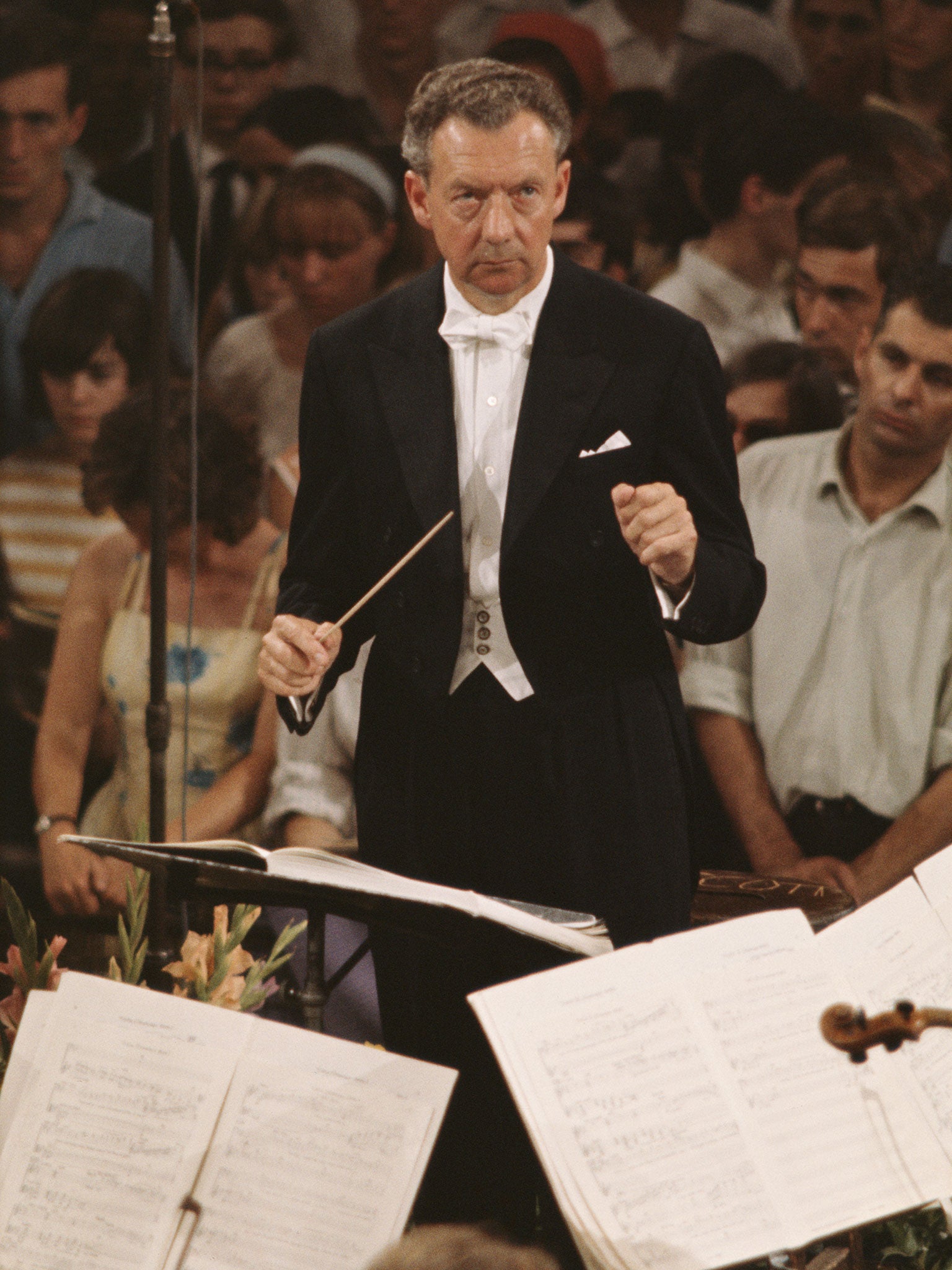Exclusive: Exam reforms give ‘dead white Germans’ lead on the classical music syllabus
Students will now focus on German composers such as Beethoven, Brahms, Mendelssohn and Schumann

Music lessons will be dominated by “dead white Germans” as a result of the Government’s planned exam reforms, musicians have claimed.
Plans for the future of both GCSE and A-level music exams have singled out Western classical music between 1700 and 1900 as the only compulsory area of study – prompting complaints from the Incorporated Society of Musicians (ISM) that the syllabus is too rigid.
Students will now focus on German composers such as Beethoven, Brahms, Mendelssohn and Schumann at the expense of others, including Holst, Stravinsky and Vaughan Williams who composed their best-known works in the 20th century, said Deborah Annetts, chief executive of the ISM.
“I don’t know why they are pushing this,” said Ms Annetts. “It means they will have to take a second area of study if they want to study composers like [William] Byrd and [Thomas] Tallis before 1700 or those after 1900 – let alone look at the influences of jazz and folk music.”
The controversy mirrors arguments over the new curriculum for history and English proposed by the former Education Secretary, Michael Gove, which critics claimed concentrated too much on “dead white men”. Ms Annetts said the compulsory area of study for music would focus on “dead white Germans”.
Under the proposed curriculum reforms, the Government insists on only one compulsory area of study – “music composed in the Western classical tradition between 1700 and 1900”.
The guidelines state that at least one other area of study should be drawn from outside this area. This could be a classical tradition outside those years, or a different tradition within those years. Compulsory topics were not previously specified by era.
The ISM said: “The overall effect will do little to support and encourage musicality – and it could even have a detrimental effect on musicianship and the study of musical genres.”
It added that the “artificial timeframe” of the compulsory area of study “makes no musical sense, but musicians of the future will only be able to study classical music written before 1700 and after 1900 if they take this as a separate area of study”.
Ms Annetts said discussions with the Department for Education had earlier appeared encouraging, with officials concentrating on performing and composing. But the final consultation document had been a “setback”, she said.
A spokeswoman for the DfE said: “The proposed content for the new GCSE and A-levels was developed with input from subject experts and awarding organisations. But we look forward to hearing further views from the sector and will respond to the consultation in due course,” she added.
A better Britten? Who’s ruled out
Composers outside the compulsory area of study include Gustav Holst, an English composer, arranger and teacher whose most famous work was undoubtedly, The Planets.
Dimitri Shostakovich, the Russian composer who completed 15 symphonies and six concerti during his lifetime. His work often contained influences of composers he most admired such as Bach, Beethoven and Mahler.
Ralph Vaughan Williams, the English composer, would be ruled out. He developed slowly as a composer publishing his first song, “Linden Lea”, at the age of 30 in 1902. Also omitted are Benjamin Britten, Michael Tippett and William Walton.
Join our commenting forum
Join thought-provoking conversations, follow other Independent readers and see their replies
Comments
Bookmark popover
Removed from bookmarks